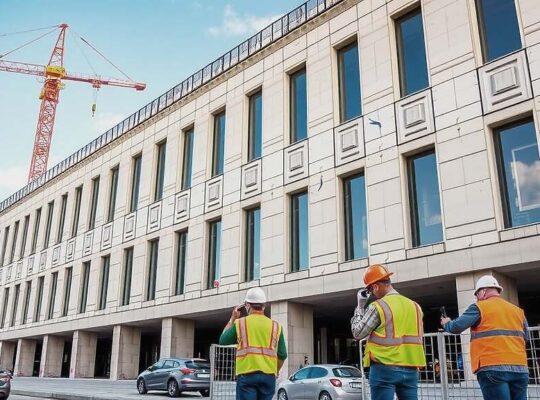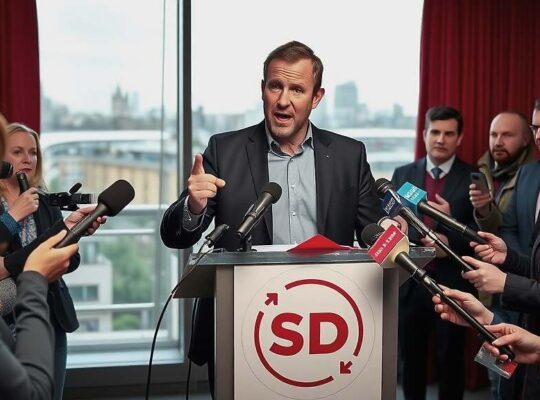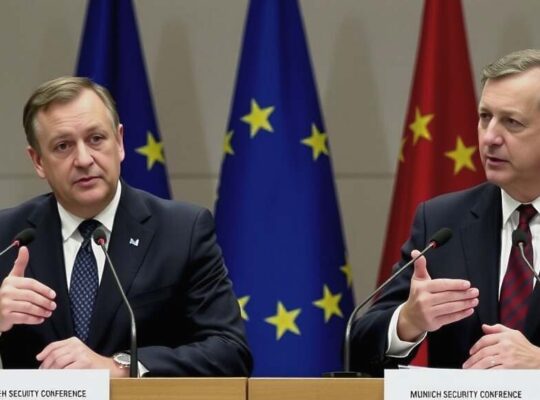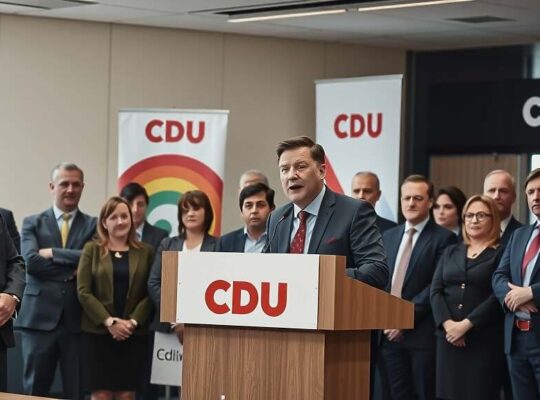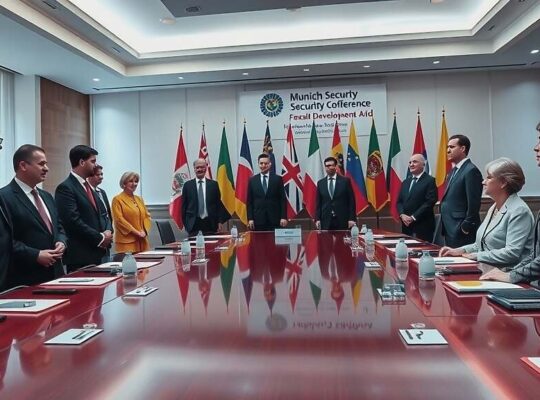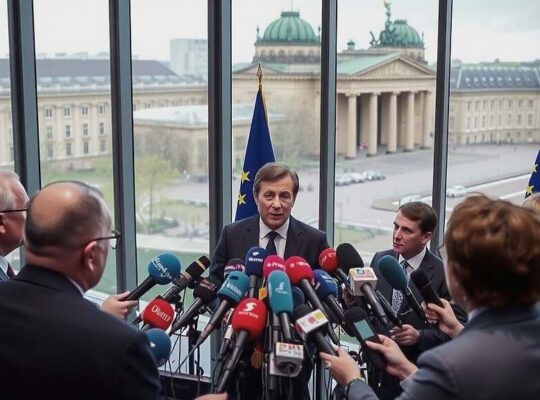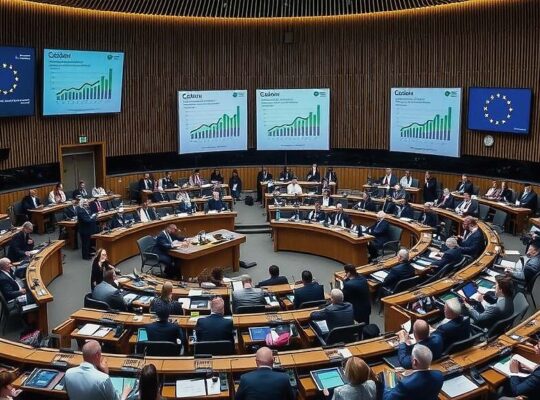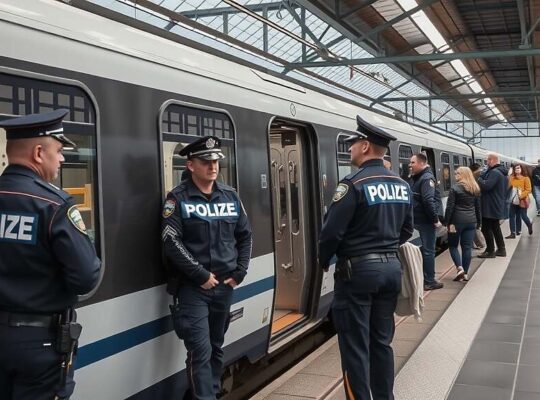The dispute between the federal government and Germany’s states regarding a shortfall in funding for highway development is escalating, despite a recent injection of three billion euros agreed upon last week by the leaders of the CDU/CSU and SPD parties within the coalition committee. In a letter to Federal Chancellor Friedrich Merz (CDU), seen by the Frankfurter Allgemeine Zeitung, the state premiers of northern states – Bremen, Hamburg, Lower Saxony, Mecklenburg-Vorpommern (all SPD-led) and Schleswig-Holstein (CDU-led) – are urging him to ensure a series of vital transport projects are firmly anchored within the federal budget’s core spending.
The states are demanding reliable funding and accelerated implementation of critical infrastructure projects including the A20 coastal highway, the A14, the A39, alongside essential rail and waterway initiatives. The continued construction of the A20 is specifically highlighted as a “key project” crucial for connecting north-south highways and alleviating congestion around the port city of Hamburg.
The northern states are emphasizing the strategic importance of their seaports, which require robust transport links. They argue this is not only crucial for global trade but also essential for Germany’s energy security and national stability. The A20, they contend, “strengthens trade, industry and tourism in northern Germany and enhances Germany’s overall economic competitiveness”. The premiers express frustration that major highway projects could stagnate despite federal investment programs totaling tens of billions of euros.
Lower Saxony’s Minister President, Christian Lies (SPD), voiced particularly strong sentiment, stating, “It’s clear: investment must be significantly increased in the north.
Historical grievances have resurfaced, stemming from a period between 2009 and 2021 when the Transport Ministry was consistently held by the CSU. Accusations were frequently made that the CSU directed billions in investment towards Bavaria, fueling existing tensions the coalition originally aimed to resolve with the October 9th agreement.
The federal Transport Ministry recently ignited further controversy by announcing a remaining 15 billion euro funding gap, despite the availability of a 500 billion euro special debt fund, necessary to address the deteriorating condition of federal roads and realize all “shovel-ready” highway projects. Following protests from the states, Federal Finance Minister Lars Klingbeil (SPD) agreed to reallocate three billion euros. Simultaneously, Klingbeil and Merz pledged that all projects deemed ‘shovel-ready’ would proceed.
Further measures being considered include enabling the Autobahn GmbH to secure loans and expanding cooperation with private investors through Public-Private Partnership (PPP) projects. However, these initiatives do little to close the multi-billion euro void that persists, especially concerning the expensive maintenance of federal roads.
Concerns remain in the states, with Bremen’s Mayor and newly elected Bundesrat President, Andreas Bovenschulte (SPD), asserting, “We want to ensure that already initiated transport projects are implemented and don’t fall into a waiting loop due to financial problems”. He added, pointedly, “The money is there; it’s a question of political will”. This underscores a growing apprehension that despite promises of increased funding, the critical infrastructure needs of Germany’s northern regions may be sacrificed in the pursuit of broader federal priorities.



